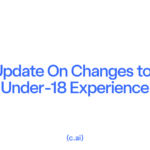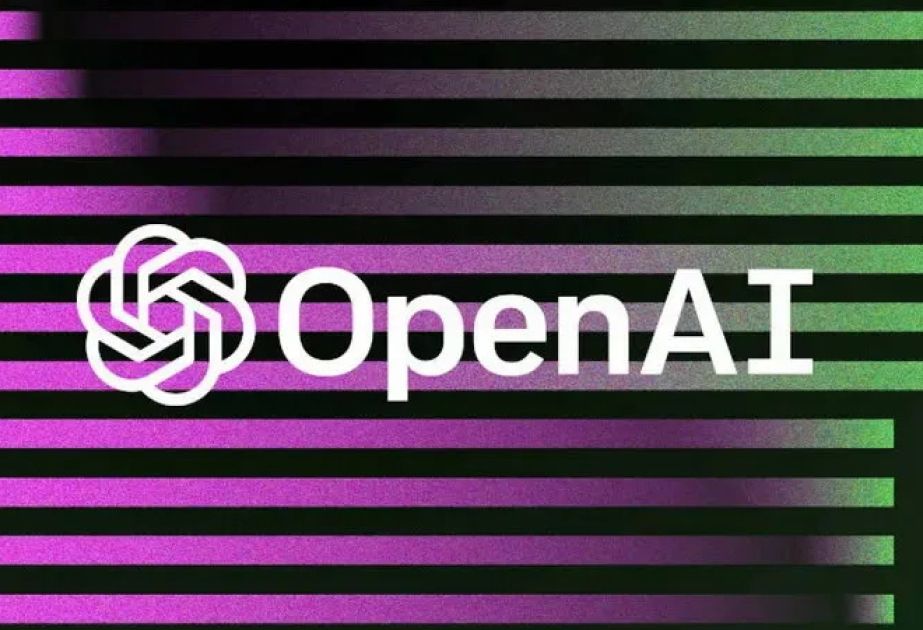By Alimat Aliyeva
In a significant development for collaborative AI use, OpenAI has launched the ChatGPT group chat feature globally, accessible to all users, including those on free plans as well as Go, Plus, and Pro subscriptions. This rollout follows a week of pilot testing in select regions, notably in Japan and New Zealand, according to a report from Azernews.
The newly designed feature enables multiple users to engage in shared conversations within a single chat thread, effectively transforming ChatGPT from a solitary assistant into a collaborative tool. Users can utilize this platform to plan activities, create content, and make collective decisions, with the AI assisting by searching for information, summarizing data, and comparing various options to facilitate informed decision-making.
Up to 20 participants can join a single group chat after accepting an invitation. Crucially, each user’s personal settings and memory remain confidential. Initiating a group chat is straightforward; users click on a people icon to add participants either directly or via a link. All invited members must complete a brief profile, providing their name, username, and avatar. When a new participant enters an existing chat, a separate copy of the conversation is generated while leaving the original thread intact.
ChatGPT is engineered to discern when it should contribute to the dialogue and when it is more appropriate to remain silent. Users have the option to tag the AI using the ChatGPT mention feature to elicit a response. Additionally, the AI can interact using emojis and reference participants’ avatars, introducing a playful and engaging dimension to group discussions.
The launch of the group chat feature comes in the wake of the recent release of the GPT-5.1 model, which offers two modes: Instant and Thinking. These modes are designed to deliver quicker responses and enhance reasoning capabilities, positioning the AI as a more effective collaborative tool.
Implications for Collaborative Work
This introduction of group chats has the potential to significantly alter online collaboration. Beyond casual conversations, it opens avenues for team brainstorming sessions, study groups, family planning, and creative projects. Experts believe that merging social interaction with AI assistance could redefine how collaborative work is conducted, integrating ChatGPT into everyday teamwork.
As this feature gains traction, the implications for various sectors—education, business, and creative industries—are profound. By enabling collaborative features, OpenAI is not just enhancing user experience but also fostering a new paradigm in which AI plays a crucial role in teamwork and collective problem-solving.
The deployment of group chat functionality may well represent a pivotal moment in the evolution of AI tools, making them more accessible and versatile for group engagement. As users explore the capabilities of the new feature, its success could influence further developments in AI-driven collaborative platforms.
See also Jeff Bezos Reveals Key Human Skill AI Can’t Imitate: The Power of Invention
Jeff Bezos Reveals Key Human Skill AI Can’t Imitate: The Power of Invention OpenAI Removes Open-Ended Chat for Under-18 Users, Implements New Safety Measures
OpenAI Removes Open-Ended Chat for Under-18 Users, Implements New Safety Measures AI Music Artist Tata Taktumi Launches First Song Amid Backlash from Industry Giants
AI Music Artist Tata Taktumi Launches First Song Amid Backlash from Industry Giants Anthropic Reveals AI Model Exploits Training Hacks, Raises Safety Concerns
Anthropic Reveals AI Model Exploits Training Hacks, Raises Safety Concerns AWS Study Reveals Agentic AI Boosts Enterprise Operations and Productivity
AWS Study Reveals Agentic AI Boosts Enterprise Operations and Productivity





























































